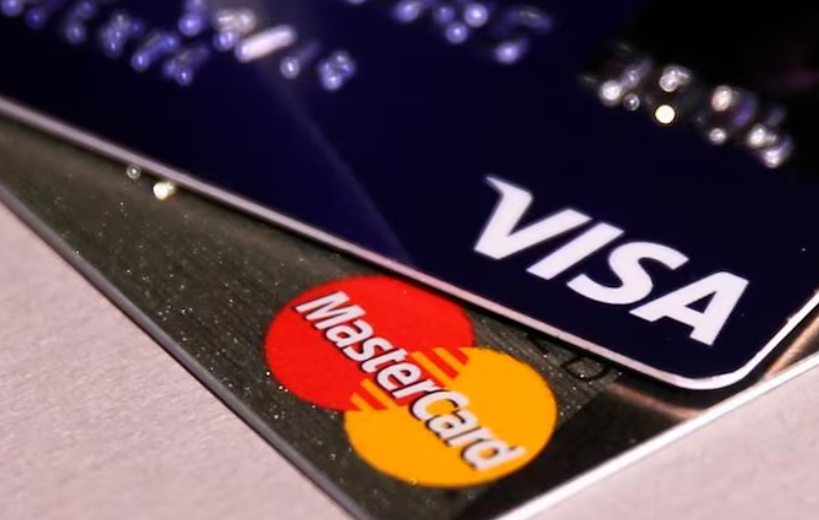Texas Judge Blocks CFPB Rule on Credit Card Late Fees
A federal judge in Texas, Mark Pittman, rejected the Consumer Financial Protection Bureau’s (CFPB) request to lift an injunction preventing a new regulation capping credit card late fees at $8. Pittman issued the decision on Friday in Fort Worth, maintaining the block on the rule, which faced strong opposition from business and banking groups.
The rule, part of President Joe Biden’s administration’s efforts to crack down on “junk fees,” prohibits credit card issuers with more than one million accounts from charging late fees above $8 unless they justify higher fees to cover costs.
Judge Defends Injunction Amid Legal Challenges
Pittman refused to dissolve the injunction despite the CFPB’s argument that the action relied on an appeals court ruling declaring the agency’s funding structure unconstitutional—a decision the U.S. Supreme Court later overturned. Business groups, including the U.S. Chamber of Commerce and the American Bankers Association, convinced the judge that other grounds justified the rule’s blockage.
The judge stated that the rule violated the Credit Card Accountability and Disclosure Act of 2009, which allows issuers to impose “penalty fees” for violations of credit card agreements, such as late payments. Using a baseball analogy, Pittman criticized the CFPB for narrowing the scope of permissible penalty fees too much. “Congress assigned the CFPB as an umpire to call balls and strikes on the reasonableness and proportionality of penalty fees,” Pittman explained, adding that the agency essentially allowed only pitches “right down the middle.”
CFPB Warns of Financial Impact
The CFPB criticized the ruling, claiming it enables banks to extract $27 million daily in excessive late fees from American families. According to the agency, without the regulation, consumers will pay over $56 billion in credit card fees over the next five years.
Pittman also rejected the CFPB’s attempt to move the case from Texas to Washington, further cementing his stance against the regulation. Despite the setback, the CFPB continues to advocate for protections against what it deems unfair practices in the credit card industry.

